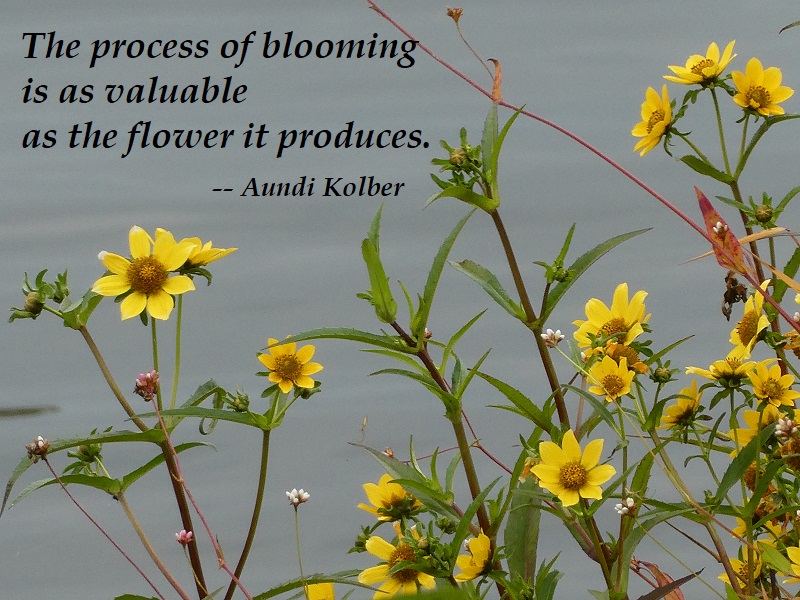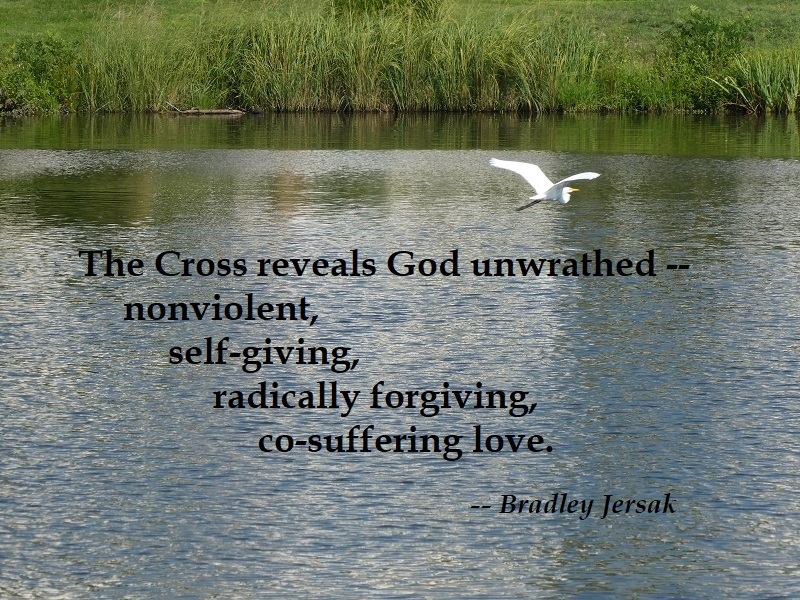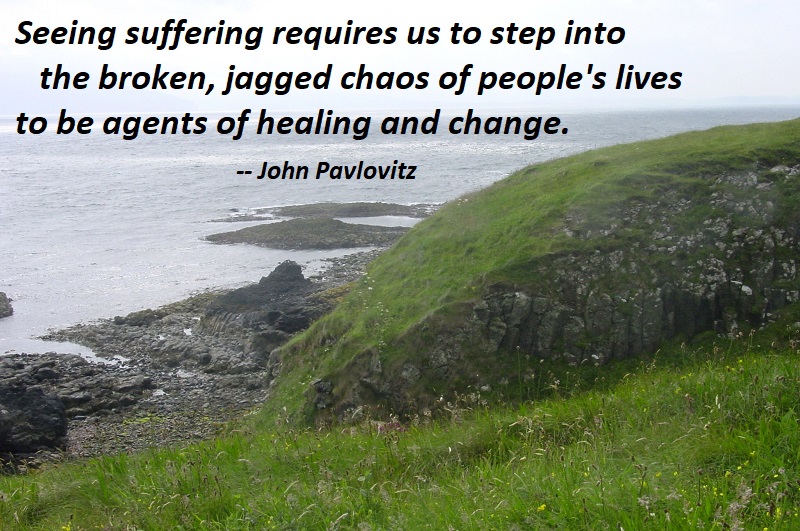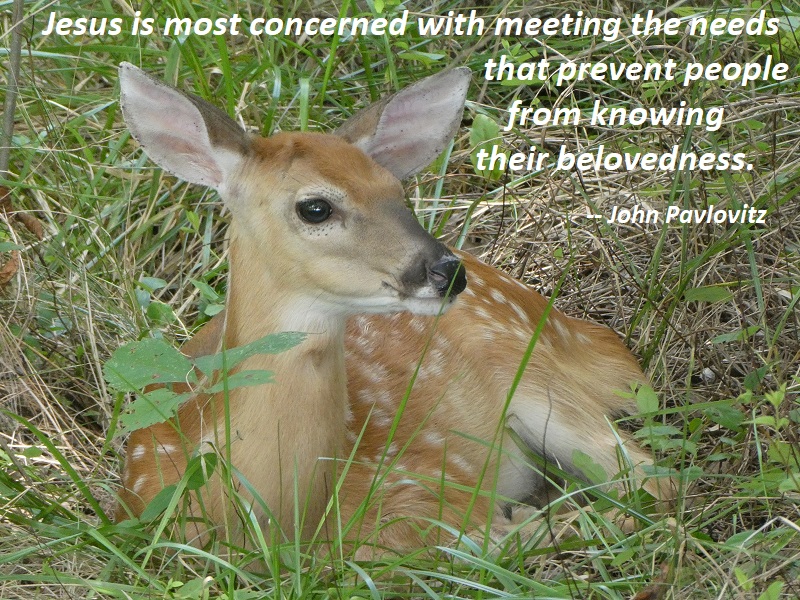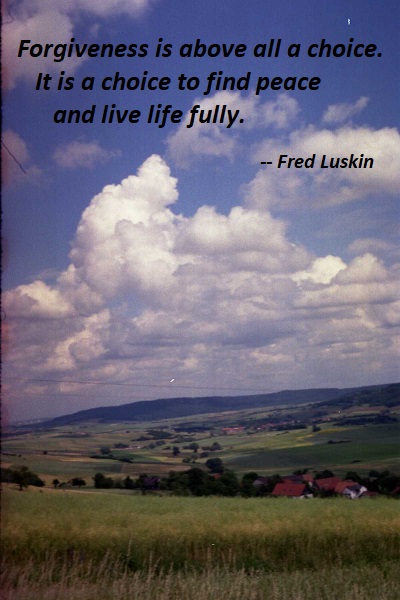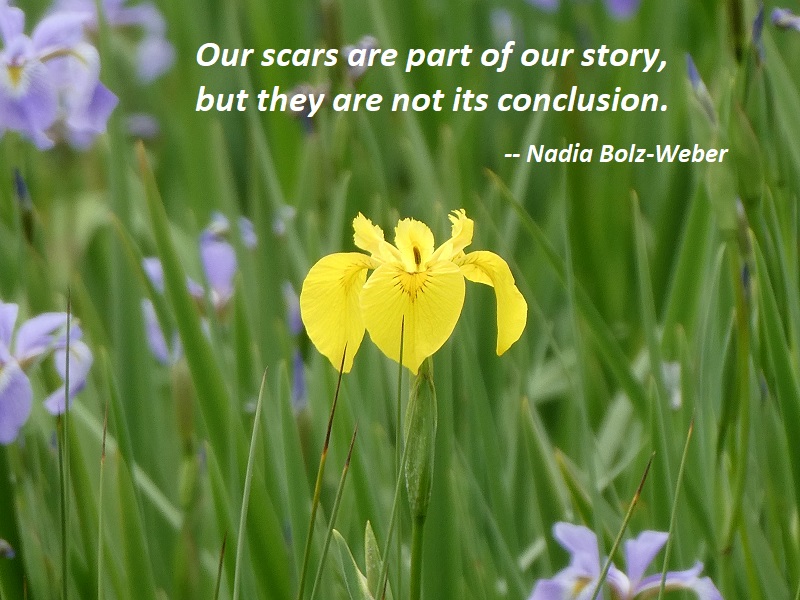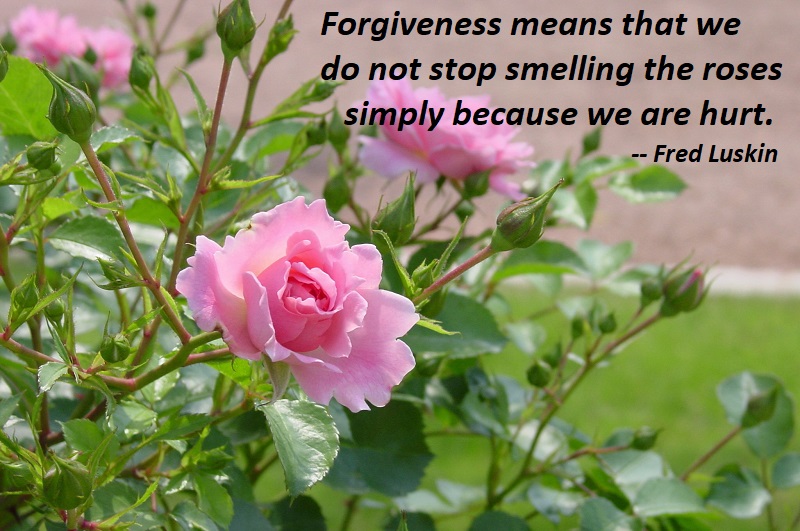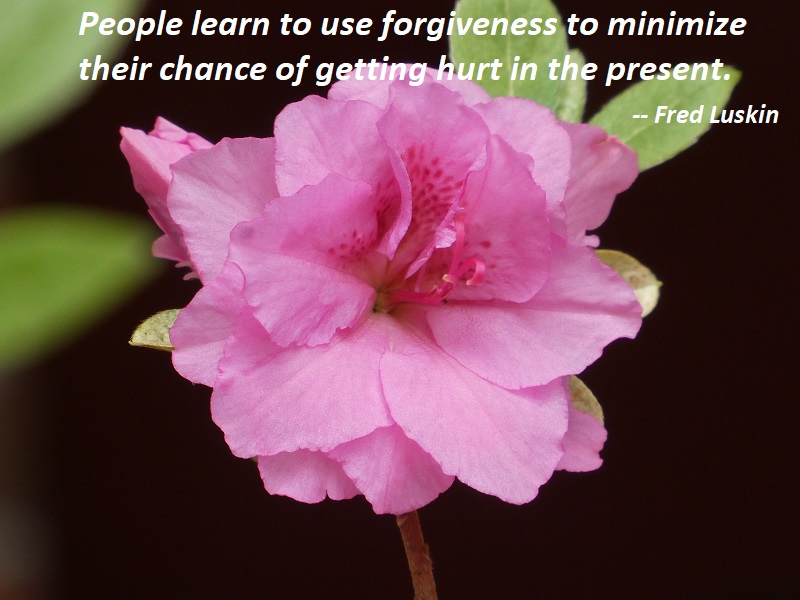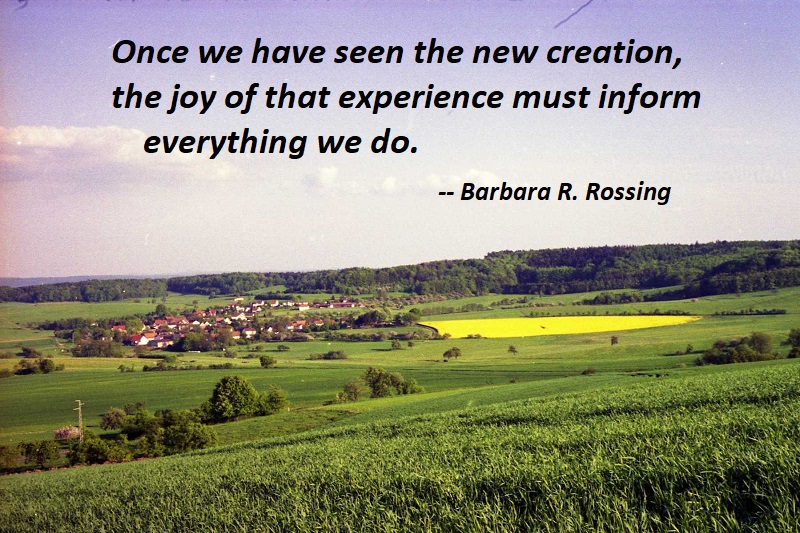
It’s time for Christianity to rediscover the deeper biblical theme of restorative justice, which focuses on rehabilitation and reconciliation and not punishment. (Read Ezekiel 16 for a supreme example of this.) We could call Jesus’ story line the “myth of redemptive suffering” — not as in “paying a price” but as in offering the self for the other. Or “at-one-ment” instead of atonement!
Restorative justice, of course, comes to its full demonstration in the constant healing ministry of Jesus. Jesus represents the real and deeper level of teaching of the Jewish Prophets. Jesus never punished anybody! Yes, he challenged people, but always for the sake of insight, healing, and restoration of people and situations to their divine origin and source. Once a person recognizes that Jesus’s mission (obvious in all four Gospels) was to heal people, not punish them, the dominant theories of retributive justice begin to lose their appeal and their authority.
— Richard Rohr, The Universal Christ, p. 142
Photo: South Riding, Virginia, September 7, 2020
